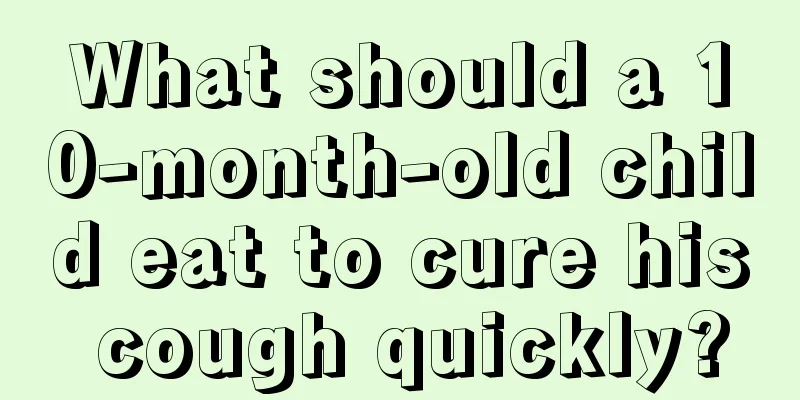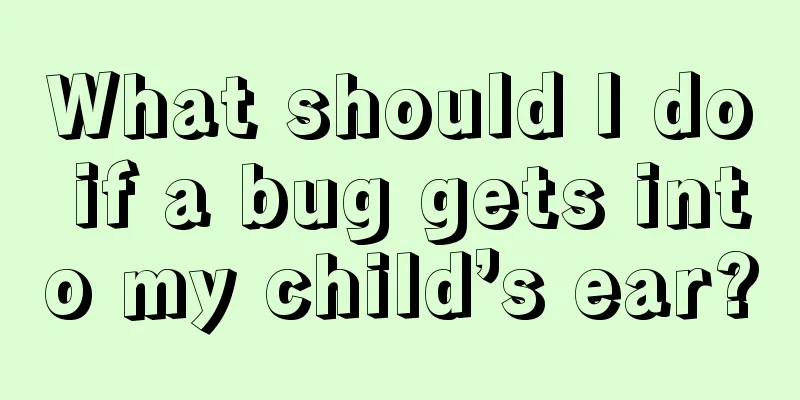Postnasal drip and cough in children

|
For normal people, runny nose flows from the nasal cavity to the outside of the nasal cavity, but some people are born with a condition where the mucus is too thick to flow out normally into the throat, causing throat pain. Especially in children, since the mucus contains many viruses, it will cause coughing after flowing back into the throat. So if a child has a postnasal drip that causes a cough, how should this phenomenon be solved? What should I do if my baby has a runny nose and cough? Postnasal drip is a symptom that occurs when the mucus in the nasal cavity cannot be blown out through the nose for various reasons and has to flow toward the throat. Postnasal drip is not a disease in itself, but a complication. However, the intense discomfort it brings to patients may intensify other symptoms such as sore throat and cough, or may cause nasal congestion. Because postnasal drip is a natural reaction of the human body, preventing it is as unavoidable as asking someone how to avoid pain. We should start with what symptoms cause the discomfort caused by postnasal drip. Generally speaking, once the causes of postnasal drip, such as long-term coughing, allergic nasal congestion, etc., are eliminated, postnasal drip will no longer cause an overreaction of the respiratory system. For mild postnasal drip, you can treat it at home in the following ways: 1. Drink more water: increase the water content in the body and reduce the thickness of the mucus. 2. Hot bath: expands the respiratory tract and reduces the irritation of nasal mucus to the respiratory tract. 3. Nasal spray: You can use the nasal spray sold in pharmacies to soothe and clear your nasal passages. 4. Gargle with warm salt water: Salt water can be used to kill bacteria and help the throat resist bacteria. 5. Wash your nose: Use salt water or baking soda water to wash your nose, which can also kill bacteria and help the respiratory tract resist bacteria. Postnasal drip cannot be prevented. As for how to reduce the chance of postnasal drip, it is better to start by preventing respiratory infections. We can: 1. Wash your hands more often and pay attention to hygiene during the cold and flu season. 2. If postnasal drip symptoms are caused by allergies, try to avoid the allergens. 3. If the condition is caused by dry respiratory tract, you can carry a sprayer with you. |
<<: What to do if your two-year-old baby has a runny nose
>>: Four month old baby has bloodshot eyes
Recommend
Is it good for children to eat seaweed? What to watch out for
Nori is also called laver, but nori is more proce...
Is the baby's late teething due to calcium deficiency?
The teething of babies is a matter of great conce...
Baby's redness and swelling after vaccination
In addition to checking all aspects of the baby&#...
Will spanking a child's back hurt him?
Some babies are very naughty at ordinary times. S...
How to treat 4-month-old baby spitting up milk
The birth of every new life makes our parents ver...
What causes shortness of breath in children?
Recently, some parents have reported that their c...
Why does my child feel chest tightness and shortness of breath?
Many children often experience chest tightness an...
How to improve children's memory
Now, with the increasing pressure of study, many ...
What to do if your child has a stomachache and fever
We all know that our baby is the apple of our eye...
What should I do if my baby has a stuffy nose for one month?
Many adults experience nasal congestion when they...
What to do if children have a fever and cold hands and feet
Children's fever is a rather tricky problem, ...
Will children grow taller by taking a nap?
Some children always feel that they are very shor...
Solutions for toothache in children
Toothache is mainly caused by some common symptom...
What to do if your four-month-old baby has phlegm in his throat
The physical health of a four-month-old baby is o...
How to educate sensitive children? Parents must know
Sensitive children are usually very fragile insid...









